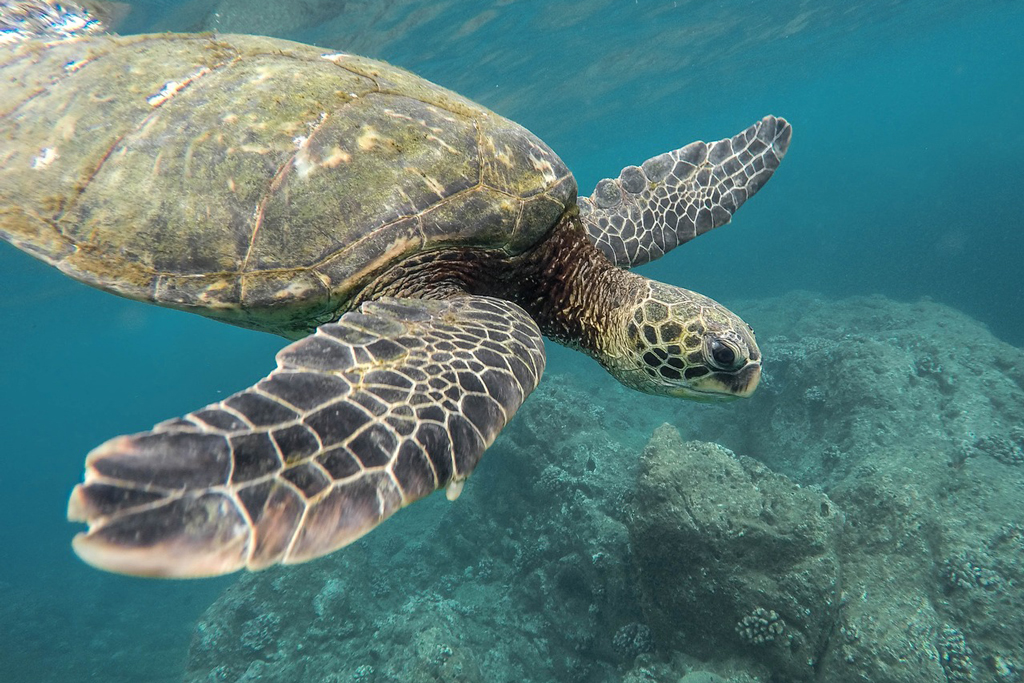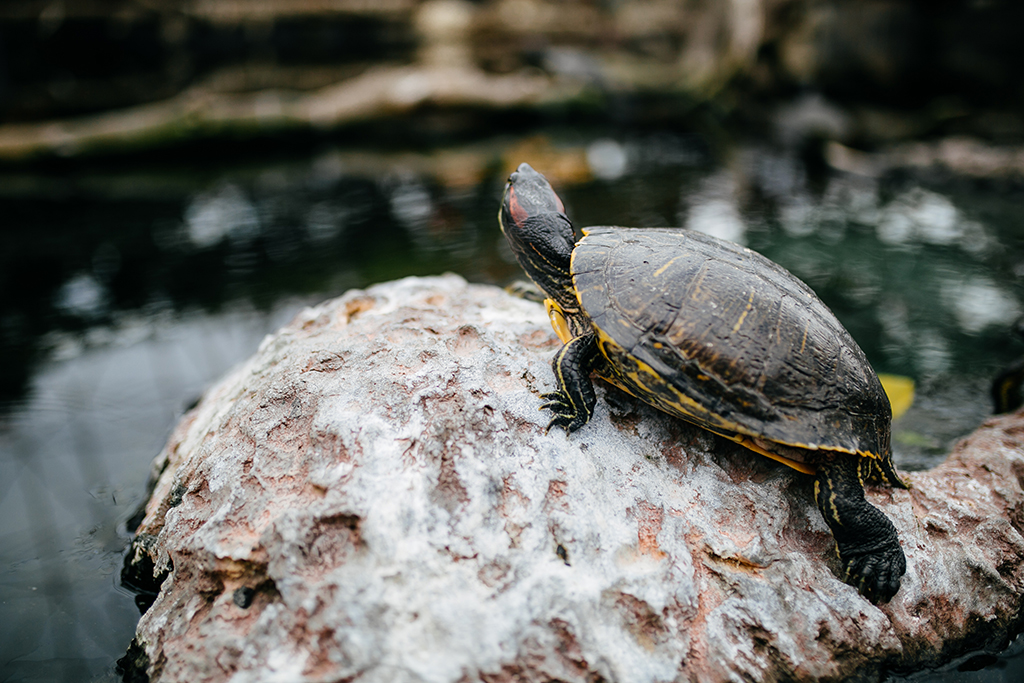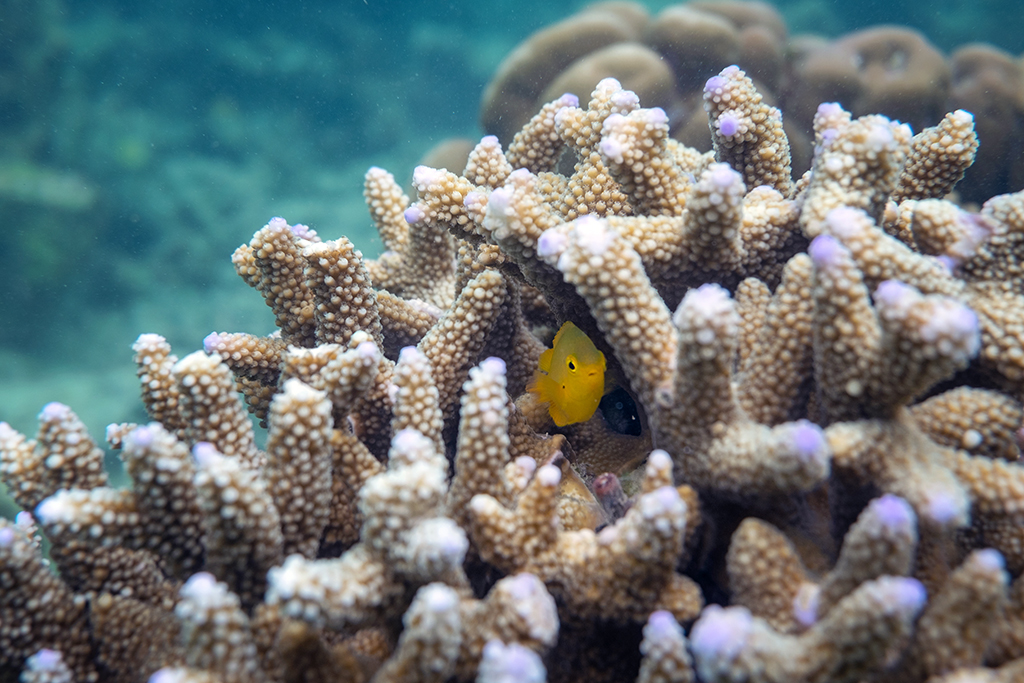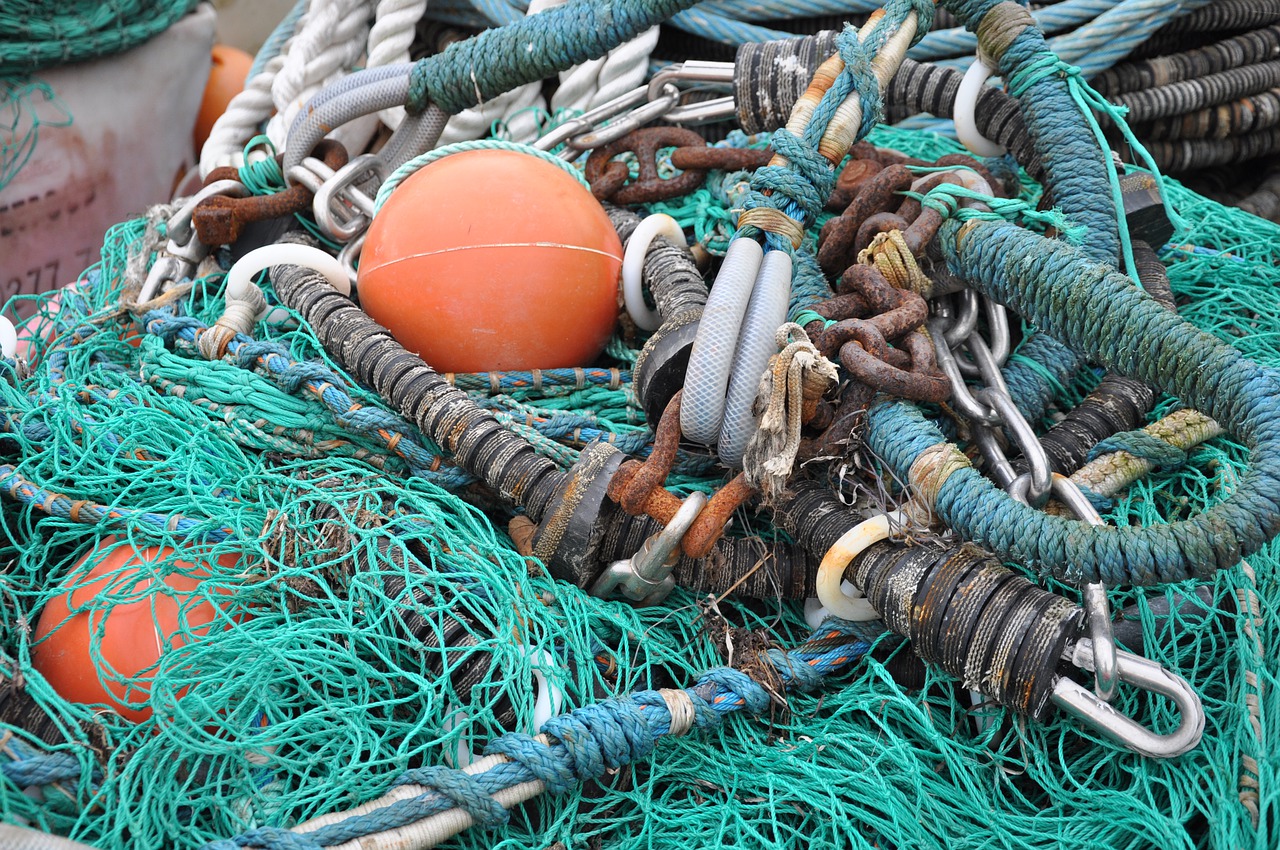
Eco-Friendly Sustainable – Practices
Eco-Friendly sustainable practices that protect our Marine Wildlife and Environment.
There is nothing better than a day out on the water, the wind in your hair carrying away the stresses of everyday life. Family times together on the water creating memories for years to come.
However, this does not mean that we can shirk our responsibilities as boaters, especially when it comes to the environment. Our water ways are very vulnerable with so many boats on our water ways today, fishing, skiing, crabbing, diving or just enjoying the great outdoors on the water it is important that we all do the right thing.
Becoming a responsible eco-conscious boater: can seem overwhelming at times, but it doesn’t have to be. We all must start making a difference, simply being mindful of the environment around us, implementing a few small changes in our daily routine can have a wide-reaching impact on our echo system. If we all do the right thing or a small part to help each time we are out on the water, we can preserve our planet for the future generations of boaters to enjoy, our children and their children for generations to come. Whether going out for the day or planning an extended trip it is always a good idea and common sense to have a pre-departure checklist. When it comes to incorporating some eco-conscious habits into your pre-departure routine. A little can achieve a lot.
Do not use disposable paper plates: try to use stainless steel, wooden or melamine plates these will save money and the environment. Most brands of paper plates are cover with a thin layer of plastic to repel liquids and keep their shape. This means that they are not biodegradable. You may think it is a quick and easy way to clean up after a meal, however, they are not good for the environment.


Do not use plastic bags: It is estimated that 8 million tons of plastic trash are dumped into our oceans every year, polluting our waterways, destroying our oceans and those that swim in them. Try to use reusable bags and do not forget to take home what you bought from home, after a day on the water. Plastics is an easy way to make every day eco-conscious. Skip the straws – Forget the plastic water bottles – Simply replace paper towels with washable dishcloths, trading plastic wrap for sturdy Tupperware or reusable containers and bringing a reusable mug when you want a coffee to go or from your flask, these are just a few of the ways you can switch from disposable to reusable. Don’t through anything overboard no matter what it will harm our environment. If we must take it – bring it home. Change from Disposable for Reusable:
Making eco-conscious changes doesn’t have to be difficult – Just Try.
Clean up after ourselves when going ashore: There is nothing more beautiful than a pristine beach and nothing more depressing than a shoreline littered with garbage. We have all seen that at times, can’t we call on all boaties, the next time you go ashore, take a few minutes to pick up and properly dispose of refuse that has washed up on our shores from king tides or heavy rains. Better to pick it up before it will again end up polluting our waterways. The ocean, waterways & beachers are our playground it’s up to all of us – To Keep it Clean.
Don’t disturb wildlife: It is always a treat to spot whales breaching, dolphins in the distance, have a turtle quietly surface near the boat or enjoy a flock of birds on the shore. These are the moments that memories are made of. However, it is important not to chase wildlife with your vessel to get a closer look, this not only can cause the animal stress but increases the chances of injuring the animal by unintentionally hitting it with your propeller and could be very costly if having to replace your propeller.
Travelling in shallow water – Trim up your outboard: Stirring up sediment not only affects water clarity, but it can also damage marine plants, vegetation, and animals. It has been estimated that many seagrass beds have been destroyed or scarred by boat propellers. Seagrass not only provides food for turtles and dugongs it is also where many fish breed and small fish hide from predators. Seagrass damaged by boat propellers are more prone to suffering storm damage, further reducing these critical areas. Without seagrass, we will suffer from less fish to enjoy catching and enjoying for dinner, so please remember – Trim Up in Shallow Water.



Be careful when anchoring: When you are ready to throw the anchor look for patches of sand. Avoid placing your anchor directly on coral beds and marine plants if you can. Make sure your anchor chain isn’t draped or dragging over a coral beds, your gear and the environment will thank you. If you’re not sure where to anchor check charts for designated anchoring zones, and never throw the pick into marked marine preserves or protected areas.
Sustainable Fishing Methods and Eco-Friendly Angling: Although sport fishing doesn’t have the harsh environmental impact that commercial fishing can, it doesn’t mean there isn’t room for improvement. Making eco-conscious decisions when you are out fishing will ensure that there will be plenty of fish left for our future fisherman to catch. Don’t throw discarded line, hooks, traces, and any other fishing gear overboard, once again stow and discard when you get home.



Adhere to bags limits and catch size: With many of the world’s fish stocks already in decline it is important that all fishermen respect local guidelines when it comes to minimum catch sizes and bag limits. Some species, like trout, can only be fished in certain locations or during certain seasons. If you are new to the area check with local fishing authorities and green zones before heading out.
Catch and release: Is a great way to enjoy fishing for fish, when you do not enjoy eating, many people fish for the thrill of feeling the rod bend as they are reeling in a big one. Enjoying a day out fishing on a catch and release day giving everyone with a rod a thrill and makes sure that there are fish left to catch another day.
Low-impact tackle: Many companies these days are addressing the environmental impact of lost fishing gear by making green tackle alternatives. Lead-free sinkers, bio-gradable fishing line and gear bags made from up-cycled hip waders are all innovations that make it easy to go green while out on our waterways. It is up to our tackle companies to deliver great alternatives to fishing tackle.
Use native species when fishing with live baits: Making sure you use locally sourced, native species when fishing with live baits is one way you can help combat this problem, introduced accidentally non-native species can quickly wreak havoc on local fish stocks and affect water quality, not so much in Australia but like Covid 19 it will not take long to affect our waterways as well.
Don’t throw used line or nets overboard: We cannot express the importance of throwing thing overboard that do not belong in our oceans. Lines breaks, torn nets, and gear fatigues, but a responsible boater knows that it is never ok to throw broken fishing equipment overboard. Fish, turtles, dugongs, and birds can get entangled in pieces of nets and discarded fishing line. Animals caught in fishing gear can be permanently disfigured and often suffer a slow and painful death.
Running Clean and Efficient Boat Engine: Did you know that keeping your engine in tip-top shape is good for the environment? Whether you run on gasoline or diesel, have an inboard or outboard, 2-stroke or 4-stroke engine spending a little time under the cowl is the best way to make sure you are running as clean and efficient as possible.
Preform regular engine maintenance: Keeping your engine running smoothly not only ensures a worry-free trip it also will keep your engine fuel-efficient, which reduces burning unnecessary fossil fuel. This is also a great time to check for oil and fuel leaks and to clean up any spills. Check fuel tanks and lines for cracks and chafe as fuel is a corrosive. Look for cracks in plastic fuel tanks and jerry cans. Making regular inspections of your fuel system will prevent leaks, saving you money and create a toxic mess for our waterways.
Do not overfill tanks and jerry cans: Perhaps one of the most common ways that fuel spills happen is from overfilling. As fuel heats up it expands, causing plastic tanks to bloat and fuel to escape any weak point or opening. And the underfloor fuel tanks can heat up and overflow normally doing damage to your decals and paintwork. Look for the safe fill level mark found on approved jerry cans and tanks and never fill a fuel tank up to the brim. Never through oily rags of any kind overboard. Eco-Friendly sustainable boating practices protects Marine Wildlife.
Daily Routines to help The Environment: The average waste per person is between 2-3 Kilograms of trash every day. That is a lot of unnecessary plastic that can easily be eliminated. Making a few small changes in your daily routine can drastically reduce the amount of garbage that you have to deal with onboard and at the ramp, helping reduce the destruction of our valuable ecosystems.
Green Alternatives in boats is being introduced to reduce our Environmental Impact: More & more larger boats owners harness the power of nature: Over the past decade there has been great advancement in the renewable energy industry. Solar panels are now small, efficient, and affordable, some are even flexible and removable. Boaters are also investing in solar-powered gadgets to keep them charged up and having fun. Solar Panels are today is competitively priced and widely available, many of our offshore boats are fitted with these devices.
Obey No Wake zones: The wave produced by a vessel traveling at high speed is not only disruptive to other boaters in the area it can cause shoreline erosion. In areas heavily used by boaters, can quickly lead to the destruction of and corrosion of sensitive marine areas where land fisherman fish. Take your time when navigating in confined channels, near beaches and mangroves and obey the speed sign when entering ports.
Use environmentally sensitive cleaning products: Fresh water wash down before you drive away: It is important to do a thorough shore-side wash down of your vessel, before leaving the boat ramp. Cleaning marine debris and growth from your boat will ensure that you don’t inadvertently introduce potentially invasive species to the next location you launch at or at our home. Don’t forget to rinse bilges, flush outboard engines and clean your bottom tackle of any dried mud or debris. Everything that goes down the drain eventually goes into the waterways, polluting the environment and causing harm to marine animals and environment. Choosing to use plant-based, biodegradable detergents, soaps and cleaning supplies onboard is an easy way to go green. Look for products that are free of parabens, phosphates, phthalates, harsh chemicals, dyes and fragrances. Or go old school and clean with vinegar and baking soda; it gets rid of salt and stains without damaging surfaces or the environment.
Becoming a eco-friendly boater doesn’t require you to make radical changes to your onboard routine. Purely by being mindful of the waterway and shore land around you by taking your rubbish home, this will protect our Marine Wildlife and Environment – YOU CAN MAKE A DIFFERENCE.
It feels good knowing that future generations of boaters will be able to enjoy clean days out on the water, fishing, skiing, crabbing & diving because of us and YOU.